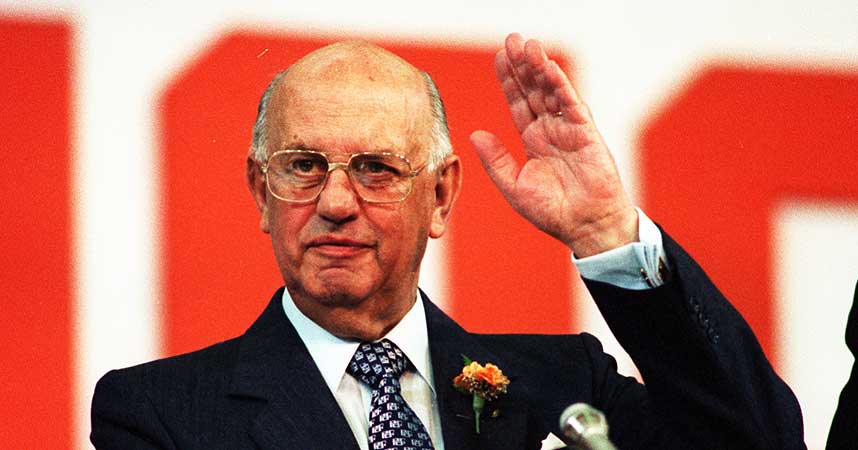- Jul 2, 2018
- 3,047
The year is 1989, South Africa is under immerse pressure to renounce Apartheid and give Namibia independence as a global shift towards the peaceful reconciliation of East and West leads to a decline in the "red scare" which propped South Africa's status as a country. The 18th of January 1989 saw State President P.W. Botha suffer a mild stroke, but after a few months of recovery he was back to normal with J. Christiaan Heunis taking the role as Acting State President. (This differs from real life where Botha resigned on August 14th after resigning as leader of the National Party on February 2nd and F.W. de Klerk became State President. All the reforms F.W. de Klerk did, did not take place). P.W. Botha continued his relentless campaign of Apartheid against the Black Majority of the population. Nelson Mandela remains in prison (was not released in 1990) on Robben Island and is growing older and frailer by the day and surely will not survive much longer in prison. Riots and civil unrest continues across the country and in the independent black homelands that remain in place since they were established in the 1970s and 1980s. The 1994 elections were not multiracial and remained segregated and only whites were allowed to vote. The 1992 referendum to allow the black majority the right to vote never occurred. F.W. de Klerk remains the State Vice President of South Africa those his resentment towards P.W. Botha's apartheid policies grows stronger by the day and rumblings within the National Party suggest that a coup will take place against Botha's presidency. The African National Congress, Pan Africanist Congress and South African Communist Party remained banned organisations in South Africa. With the re-emergence of Communist Russia and Ukraine, the will of the people to support apartheid has grown stronger as the "red scare" that was once lost has re-emerged.
One event which did take place was the independence of Namibia in 1990. Under immense pressure from the international community and a high casualty rate in the Border War, South Africa declared the full independence of Namibia under a SWAPO-led government. This has caused some disputes inside South Africa as it is seen as pushing the "Communists" further towards South Africa. With a re-emergence of the "red scare" from Eastern Europe, there have been calls to re-invade Namibia as international support may increase.
(Essentially, all events between 1989-1995 relating to the fall of Apartheid did not happen, all the events relating to the independence of Namibia did happen.)

One event which did take place was the independence of Namibia in 1990. Under immense pressure from the international community and a high casualty rate in the Border War, South Africa declared the full independence of Namibia under a SWAPO-led government. This has caused some disputes inside South Africa as it is seen as pushing the "Communists" further towards South Africa. With a re-emergence of the "red scare" from Eastern Europe, there have been calls to re-invade Namibia as international support may increase.
(Essentially, all events between 1989-1995 relating to the fall of Apartheid did not happen, all the events relating to the independence of Namibia did happen.)

Last edited:




